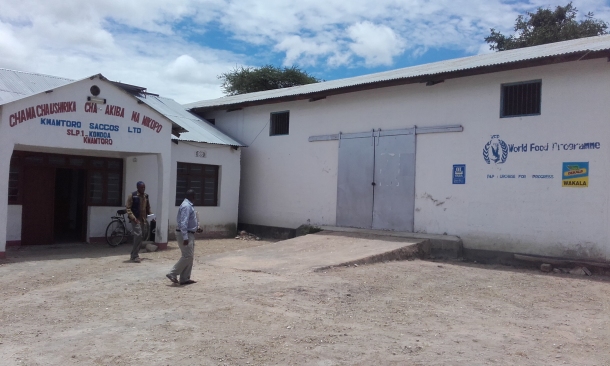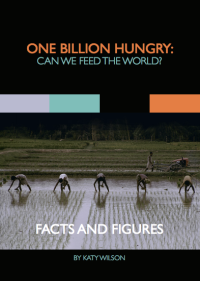Originally published by WINnERS, 15 Jul 2016. Read the original post here. By William Thompson
In March, I travelled to Central and Northern Tanzania with the World Food Programme (WFP) team, to visit several farmer organisations that are participating in the Patient Procurement Platform (PPP). The PPP is an emanation of WFP’s smallholder sourcing policy, designed to catalyse increased production for smallholder farmers through co-ordinating market demand. These are farmers the WINnERS project aims to benefit.
From P4P to PPP farmers can become WINnERS
My visit took advantage of a parallel project that was evaluating the success of another WFP engagement with smallholder farmers in Tanzania, Purchase for Progress (P4P). P4P highlights some of the key challenges faced in creating well-functioning agricultural value chains: capacity building and infrastructure development for village and district scale farmer organisations, in the form of leadership training and warehouse construction. Without well-functioning farmer organisations, the individual smallholder farmers that these cooperatives serve are unable aggregate sufficient produce to become market players and are certainly not able to deal directly with the medium to larger scale processors that dominate Tanzanian grain markets.

This work helps to shift power into the hands of smallholders to overcome an imbalance that has evolved in the Tanzanian agricultural sector, a phenomenon endemic to small-scale agriculture globally. Building on the work of P4P, in these regions, the PPP aims to harness the gains made through farmer co-operation and catalyse private sector market engagement by these smallholders. It is via these value chains that the WINnERS project – led by Imperial College to build weather and climate resilient supply chains through better risk management tools – has huge potential to enable climate adaptation through the novel risk sharing strategies. [Read more…]










